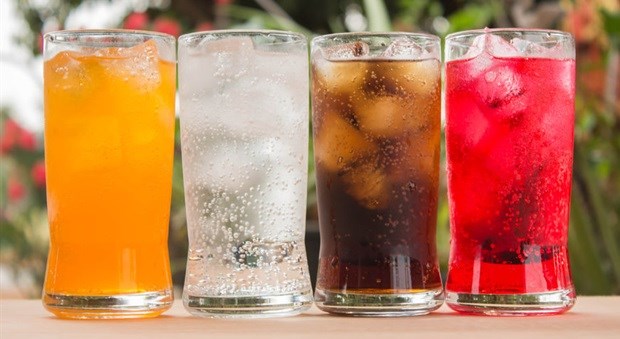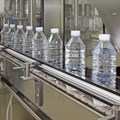Growth in soft drinks expected for sub-Saharan Africa

This is according to Michael Schaefer, global lead, food and beverage at market research provider Euromonitor, who further states that "over a quarter of respondents expect value sales growth to be more than 10% better in 2022 versus 2018".
Euromonitor's global outlook on soft drinks:
• Future sales expectations among industry professionals are cautiously optimistic: more than half of them think value sales in their category in 2022 will be at least 5% better than in 2018.
• Sugar reduction, avoidance of artificial sweeteners and sustainable packaging are expected to be the most influential trends impacting sales in the coming year.
• On average, 37% of industry professionals cite super-fruit and vegetable juice blends or smoothies, sports protein drinks, natural/organic energy drinks as the most successful new product launches in the past year.
Closer to home, the company predicts positive growth in soft drinks for sub-Saharan Africa, driven in part by the following regional trends.
Kenya: Manufacturers invest heavily in advertising
Manufacturers are investing heavily in advertising via the mass media, billboards, sports stadia and public events. The Kenyan market has for a long time been flooded with sugary, high-calorie drinks and while many larger companies have tried to move towards better-for-you formulations of their existing brands, very few have ventured into the truly innovative realm of removing sugar altogether.
However, they are continuing to focus on offering consumers higher quality and healthier ingredients as a result of various health awareness campaigns run by the Ministry of Health, highlighting the dangers of artificial preservatives.
Nigeria: Bottled water records fast growth
In 2017, bottled water remained the fastest growing soft drinks category in Nigeria. The inability to access safe drinking water and the poor provision of electricity in the country, especially given the hot weather conditions in Nigeria, continued to contribute to its good performance. At least half of the population purchases packaged water – particularly pouch and sachet varieties – daily due to poor water quality.
South Africa: Proposed sugar tax set to reshape soft drinks environment as manufacturers take steps to mitigate additional cost
Off-trade volume will benefit from economic recovery, with improved performance mostly in RTD tea and energy drinks. However, growth in sales volume will be mitigated by the introduction of the sugar tax, as increased unit prices in categories such as concentrates will compel lower LSM consumers to seek cheaper alternatives. On the other hand, major categories such as carbonates are expected to shift gradually to either low-sugar content or smaller packaging. In 2017 BevSA committed to reduce individuals’ calories intake from sugar-sweetened drinks by 15%.
On the contrary, smaller players with less production flexibility are expected to lose their price competitiveness, thus being forced to either look at expanding in other categories or reformulating their products. In the meantime, categories such as energy drinks will continue to receive support from millennials, while super fruit and 100% not from concentrate juices are expected to benefit from health trends.
Related
ARB says complaint against Department of Health TV sugar ad holds merit 4 Apr 2025 Sugary drinks are a killer: a 20% tax would save lives and rands in South Africa 4 Apr 2025 Manzi Water opens 105th outlet in South Africa 25 Jun 2024 Nearly one-third of brands launched in 2022 discontinued by 2023 10 May 2024 Elections 2024: What the major political parties say about a sugar tax 19 Apr 2024
























